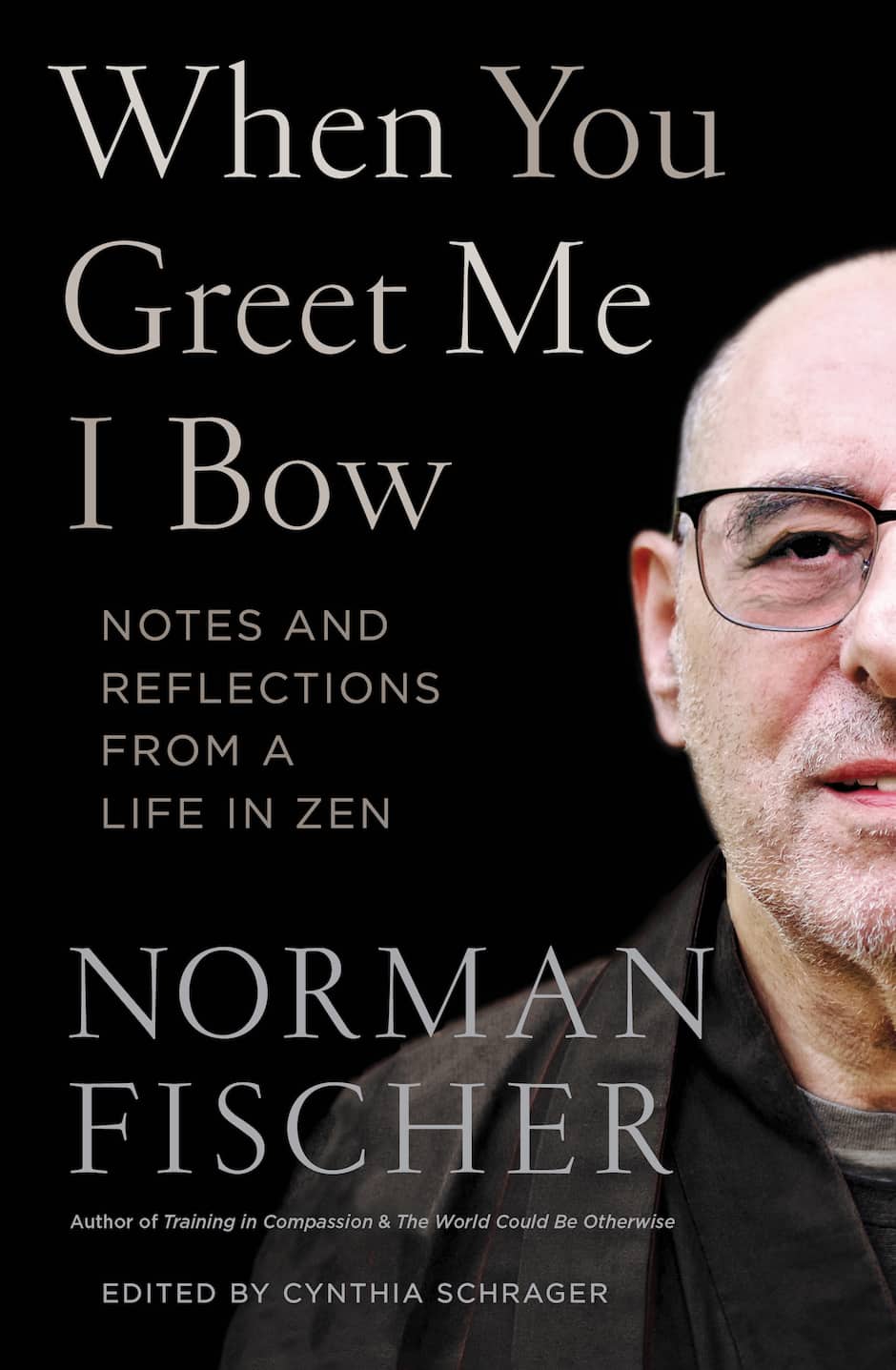Shambhala Publications series : “Enlightened society has to be real and good, honest and genuine.” ~ Chogyam Trungpa
“Devote yourself here and now to the search for the Truth that is ever within you.” ~ Ramana Maharshi
Ramana Maharshi’s words are the anchoring for our mission and stewardship of Stillness Speaks: aggregate and distribute authentic resources of the many traditions of self realization – be they spiritual, philosophical, or scientific – enabling our visitors to explore their “True nature” thereby improving their lives … and fostering a more balanced and compassionate humanity.
Delivering our commitment – a vast “perennial wisdom landscape” – has naturally led us to “ever expanding wisdom horizons” and most grateful relationships with “content creators and distributors” – many of whom are making a tremendous, and wide reaching, impact towards improving lives. The most recent of these being Shambhala Publications, which, of course, needs no introduction except that:
Shambhala Publications’ content is “… aimed at improving lives—in ways big and small—in the hope of contributing to the development of a thoughtful, kind hearted, and contemplative society …” … and their guiding principle is derived from the words of their first author, Chogyam Trungpa (the quote above) … a principle reflected in “… everything we make and do, from publishing timeless spiritual classics and cultural treasures to contemporary explorations of what it is to live a meaningful and honest life that benefits the people and world around us …” …
Such a guiding principle and it’s manifest reflection is eminently aligned with our mission … so we are very pleased and deeply honored to present this new Shambhala Publications Series that will explore the ever growing content offerings of Shambhala Publications through substantive previews of selections from their new and classic titles “… on meditation and a wide range of spiritual traditions, from Buddhism and Taoism to contemplative traditions within Christianity, Judaism, Hinduism, and Sufism …” …
We always strive for depth in diversity and to that end Shambhala Publications’ other content focus “… that is more physical, with our books on health, wellness, yoga, and martial arts. And often it is simply about day-to-day happiness, with books on psychology, emotional well-being, and mindfulness …” … which, combined with their spiritual traditions titles, is an extraordinary offering of breadth and depth … that is remarkably – and uniquely – suited for Stillness Speaks’ audience.
We are most grateful to begin this Shambhala Publications Series with one of the most prominent – and respected – visionaries in Zen, Norman Fischer, whose teachings are steeped with 5 decades of practice. Earlier this year he published When You Greet Me I Bow: Notes and Reflections from a Life in Zen, which, in his own words is “… a collection of essays over several decades …. on roughly four topics, baskets or themes: relationships (in the widest, profound sense), … emptiness teachings, … cultural transmission of/regarding Buddhism, … and engagement including engaged buddhism but in a wider sense than that … how do we bring our practice to our lives …” Our teacher page for Norman will be added soon which will include his teachings, full BIO, and more. Meantime here’s his full BIO from everydayzen (he’s the founder and their spiritual director).
In this post (Part 1 of 2 on Norman’s book) – the 1st of this Shambhala Publications Series – we offer the entire chapter (Notes On Looking Backward While Walking Forward) that’s Norman’s Introduction to the book … PLUS excerpts from Part One: A Buddha And A Buddha (the 1st theme on relationships) chapter titled: Notes On The Joy And Catastrophe of Relationship which is Norman’s Introduction to this part one (he offers one for each of the four parts).
All italicized text below is adapted from When You Greet Me I Bow: Notes and Reflections from a Life in Zen by Norman Fischer, edited by Cynthia Schrager © 2021 by Norman Fischer. Reprinted in arrangement with Shambhala Publications, Inc. Boulder, CO. Shambhala Publications has also generously offered a free downloadable PDF of the Table of Contents (link is at the bottom of the post).
You can purchase the book at Shambhala PublicationsorAmazon.
Shambhala Publications Series Debut: When You Greet Me I Bow
Here’s an overview of the book in the form of a video conversation between Norman and the book’s editor Cynthia Schrager:
And below is the entire chapter that is Norman’s Introduction to the book … followed by his Introduction to Part One …
NOTES ON LOOKING BACKWARD WHILE WALKING FORWARD
Back and Forward. In time, in space. Is there any difference? Are we getting anywhere, going anywhere?
All my life I have been obsessed with time, even as a child, and death, of course death: How does a day arrive and pass by? Where does it go when it’s done? And a person (like my grandfather, with whom we lived, and who died when I was seven): where does he go when he no longer appears in this sad world? Such lunatic musings drove me to poetry and to Zen, and a lifetime of more musing, scribbling, and sitting for hours, days, maybe years, decades, all told, in deep silence. What is language? What is thinking, feeling, seeing, hearing? What is going on here?
So now at a relatively advanced age (or so they say, and so it seems) I can read many decades of my own writing about these matters.
After all this time, what do I find? How do I feel about it? And what’s next? Is being old enough to be coaxed by time and others to look backward just rummaging around in the debris of your past? Do you suppress or not suppress a certain disappointment over your “legacy,” the smallness of what has occurred and been accomplished? And that’s it?
What a fantasy! And how odd! Looking backward at a life lived, walking forward into more life to live built on all that, trying not to be too much influenced by what’s already been said and done, not to be held to a point of view or an identity previously expressed,
NOTES ON THE JOY AND CATASTROPHE OF RELATIONSHIP
I began Zen practice some fifty (??!!) years ago as a callow yet stubborn and arrogant student of literature, philosophy, and religion on a quest, not a “spiritual” quest but, as I saw it, a truth quest.
The reason I was so driven in that quest is that I was in great pain. Unlike so many people I have met over the years—nearly everyone!—I had no good reason for my pain. I had led a modest yet privileged life: my parents were decent people, they did not drink or rage; they did not abuse me in any way; they provided a roof and food and a simple upbringing in our traditional family faith, Judaism. No, I couldn’t blame it on them. It was the times: the horrible Vietnam War (which I was about to be drafted into, though, as it turned out, I was not), fear of the world-destroying atom bombs that, during the Cold War, could be dropped at any time by us or them. Also ruining my life were the time question and the death question that obsessed me and would not let me rest; I took them quite personally and desperately. In that desperation I stumbled into Zen, looking for, I suppose, something like meta-physical relief.
So it is quite surprising that the opening section of this book, its bedrock, is about relationship. Because this is what I have discovered after many decades of Zen Buddhist practice: that the religious life isn’t about truth as much as it is about relationship. Or that, perhaps, truth and relationship are one and the same. In other words, from the standpoint of Zen practice, “relationship” doesn’t mean what we normally think it does: boy meets girl, person meets person; parents and children; friends, relatives, associates, colleagues. It does mean all that, of course, but that only as a vehicle for some truth beyond them. Relationship is not something that happens (or doesn’t happen) in a life: it is life, it is life’s truest truth. We live in relation to other human beings, of course—but how, and at what level of depth? But we live also in relation to ourselves, to our own thoughts and feelings, to our body, our breath. We live in relation to the whole of the physical world. We pick things up, we put them down, we see the sky and the sea, we hear the waves and birds, we taste and smell and touch and are touched: these things make us what we are; we are nothing without them. Understanding this, fully appreciating it at its depth, goes to the heart of Zen practice.
None of this is, as it turns out, metaphysical. It is exactly the opposite of metaphysical: it is being alive, as best you can, in the midst of whatever relation is occurring, moment after moment as moment after moment. (Because, yes, there is no time: just the relation between the mind and what it meets—the thought, sensation, person, feeling—arising and ceasing in this now that we think of as the time of our life: but it never happened!)
Relationships between human beings are, as I have found, poignantly warm and fulfilling. I found this to my surprise, having, at the beginning of my Zen life, imagined myself to be a romantically tragic American loner. All forms of human caring and interaction—including sexual relationships, marriage, monastic living, and spiritual friendship—are essential; they form us, they sustain us. I have been lucky to have had many close relationships in spiritual practice, as you will see in the pages that follow. Of all of them I am most grateful for my good fortune to have been married for more than forty years to the Zen priest Kathie Fischer. Zen priests-spouses: sounds good, but naturally, as with any human interaction, there are pushes and pulls, mostly, I am afraid, because of my having remained, in my imagination, despite myself and my better intentions, the romantic loner who sometimes can’t penetrate his own thoughts and vague impulses long enough to pay attention to someone else. (I apologize for this sometimes, but apologies without deeply changed behavior are weak.) I am quite sure I would not have survived all these years without Kathie, and while we don’t often engage in extensive Zen conversations, we do meditate together, and see more or less eye to eye on most things in the practice, and in life in general, although we have sometimes shockingly different perspectives too.
. . .
~ Norman Fischer
The Shambhala Publications series will offer two types of previews: 1) a single post or 2) a multi-part series.
Part 2 of this launch of Shambhala Publications Series will offer excerpts from the chapter When You Greet Me I Bow … where Norman delves into why relationships are the heart of Zen practice … so stay tuned …
All italicized text above (except Ramana Maharshi’s opening quote in the blockquote PLUS quotes about Shambhala Publications PLUS Norman’s words on his book) adapted from When You Greet Me I Bow: Notes and Reflections from a Life in Zen by Norman Fischer, edited by Cynthia Schrager © 2021 by Norman Fischer. Reprinted in arrangement with Shambhala Publications, Inc. Boulder, CO. And, click here for the free, downloadable PDF of the Table of Contents.
You can purchase the book at Shambhala Publications or Amazon.
Improving lives is also helping those in need … to that end we highlight two “hubs” of giving:
1) Direct Relief, which is “… a humanitarian aid organization, active in all 50 states and more than 80 countries …”
2) Go Fund Me : Here’s their very comprehensive map for Fundraising for Coronavirus Relief: How You Can Help the Fight.
— — — —
We are all facing financial challenges but IF your situation allows you to donate and help then please do so …
THANK YOU!
May you remain safe and healthy as you navigate these unsettling times across the globe.










